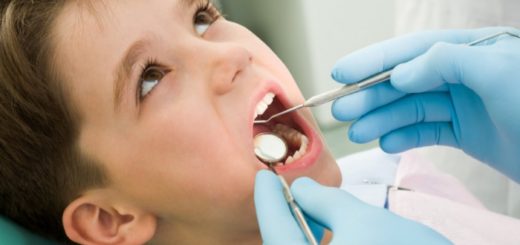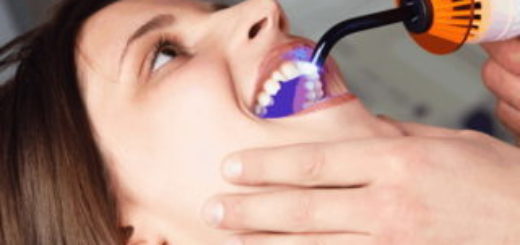Tooth Decay Diet for Stronger, Healthier Teeth
Tooth Decay Diet Guide
Food choices directly influence oral health. Sugar, acidity, and frequent snacking can weaken enamel and encourage harmful bacteria. A smart tooth decay diet focuses on nutrients that strengthen teeth while reducing exposure to cavity-causing substances. Prevention is easier than treatment, and dietary awareness plays a major role in protecting smiles. When eating habits support enamel repair and saliva production, the mouth becomes more resistant to decay and long-term damage.
Tooth Decay Diet Basics
Every meal changes the chemistry inside the mouth. Acidic foods soften enamel, while sugar feeds bacteria that produce decay. A balanced tooth decay diet limits harmful exposure and promotes natural protection. Calcium, phosphorus, and vitamin D help rebuild mineral structure. Crunchy vegetables stimulate saliva, which neutralizes acid. Understanding how food interacts with teeth encourages smarter daily choices. Whole grains, lean proteins, and fresh produce provide steady nutrients that support enamel repair and gum strength. Eating balanced meals instead of frequent sugary snacks stabilizes oral pH levels. When nutrition becomes intentional, the mouth maintains a healthier environment that resists bacterial growth and supports long-term tooth durability.
Hidden Sugar Sources
Many packaged foods contain added sugars that are not obvious. Sauces, drinks, and processed snacks quietly increase cavity risk. Recognizing these threats is essential when following a tooth decay diet. Reading labels and choosing whole foods reduces bacterial fuel. Even healthy-looking juices may contain concentrated sugars that harm enamel if consumed frequently. Sweetened yogurt, flavored cereals, and energy drinks are also common hidden sources. Choosing unsweetened alternatives and preparing meals at home gives better control over ingredients. Reducing processed food intake not only protects teeth but also improves overall nutrition, creating a healthier balance that benefits the entire body.
Foods That Protect Enamel
Dairy products supply calcium that strengthens tooth structure. Leafy greens provide minerals that support gum health. Nuts and seeds offer protective fats that coat enamel surfaces. A consistent tooth decay diet includes fiber-rich foods that stimulate saliva and naturally help clean teeth. Balanced meals create a protective environment that slows bacterial growth. Fresh fruits with high water content, such as apples and pears, gently rinse the mouth while providing vitamins that support tissue repair. Lean proteins contribute phosphorus, which works with calcium to reinforce enamel. Choosing nutrient-dense foods regularly builds a stronger oral defense system that resists acid attacks and supports long-term dental stability.
The Role of Hydration
Water is one of the most effective tools against cavities. It rinses away food particles and balances oral pH. Drinking water regularly supports a tooth decay diet by maintaining saliva flow. Fluoridated water also strengthens enamel and reduces vulnerability to acid attacks.
Daily Eating Habits
Frequent snacking exposes teeth to constant acid cycles. Structured meal timing allows enamel to recover between exposures. A disciplined tooth decay diet reduces grazing and emphasizes nutrient-dense foods. Pairing sugary treats with meals instead of eating them alone lowers risk. Moderation is more sustainable than strict elimination.
Smart Substitutions
Replacing sugary snacks with cheese, nuts, or fresh vegetables protects enamel. Choosing unsweetened beverages reduces acid attacks. A preventive tooth decay diet focuses on swaps rather than restrictions. Small substitutions accumulate into powerful long-term benefits.
Long-Term Prevention
Diet works best alongside brushing, flossing, and professional cleanings. Nutritional awareness supports dental care routines. A sustainable tooth decay diet becomes a lifestyle rather than a temporary change. Consistent habits preserve enamel strength and reduce expensive treatments later in life.
Protecting Your Smile
Strong teeth support confident eating and speaking. Choosing a preventive tooth decay diet protects both appearance and function. When nutrition and hygiene align, the mouth stays healthier for decades. Prevention through smart eating is one of the simplest ways to maintain a lasting smile.


